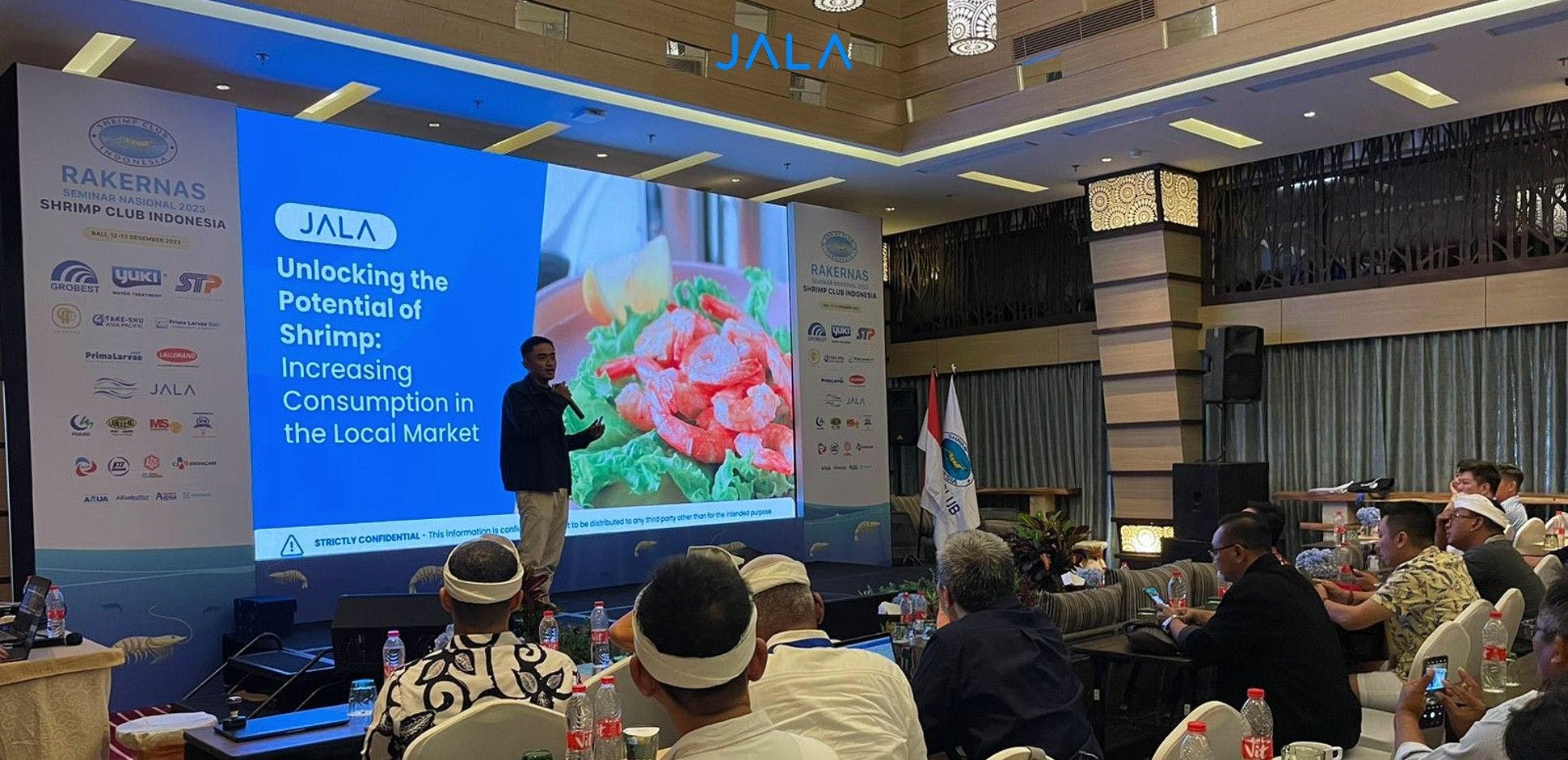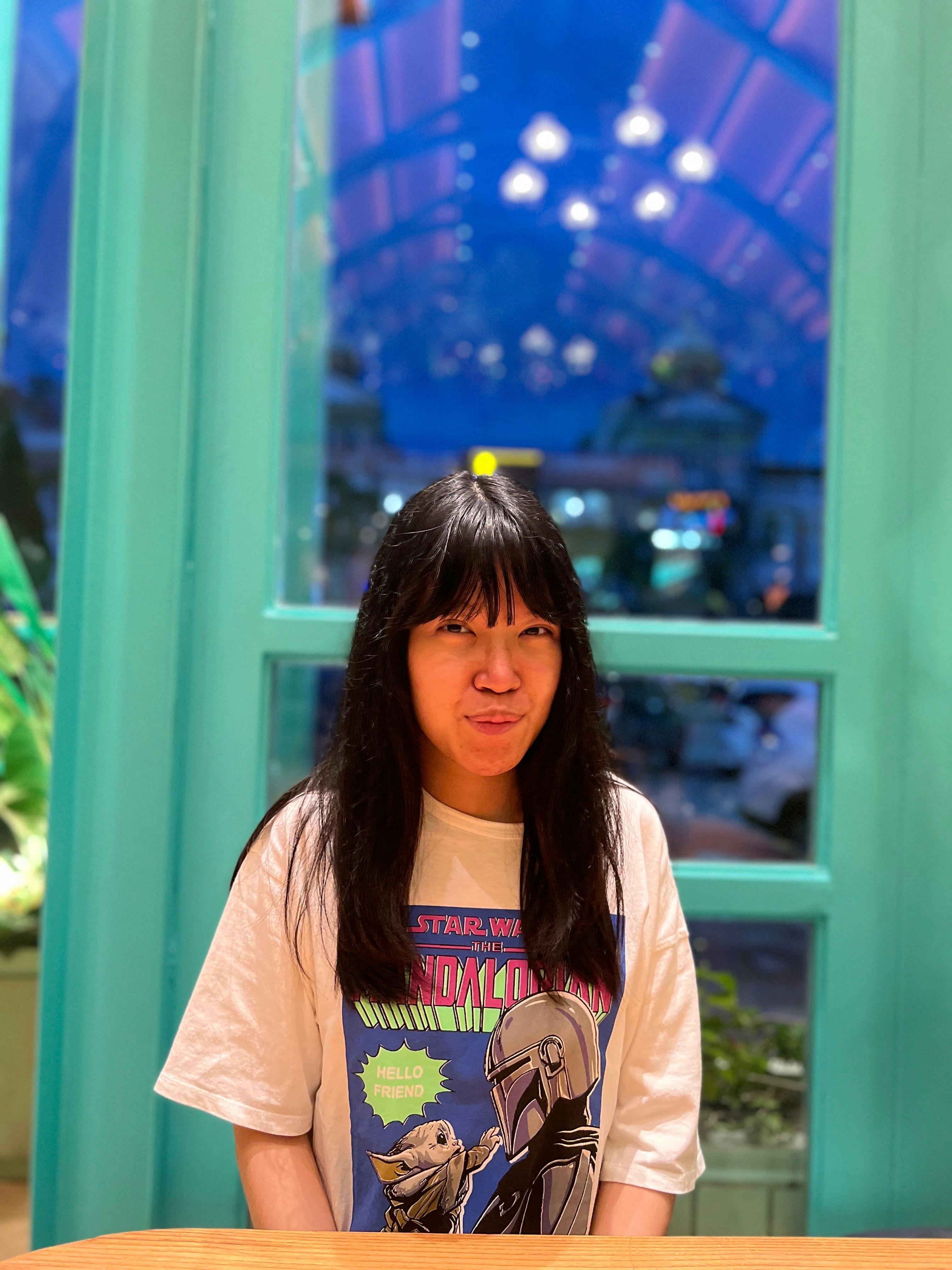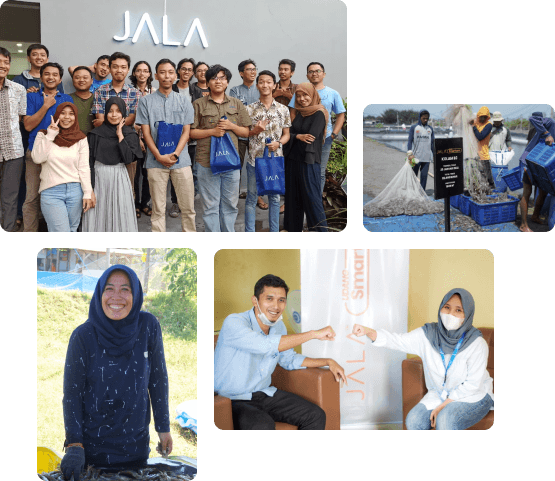
On December 13 2023, JALA was invited to be part of the "Rakernas & Seminar Nasional Shrimp Club Indonesia (SCI)", SCI's annual national meeting and seminar hosted in Bali.
Established in 2005, Shrimp Club Indonesia is a community made up of shrimp farmers and industry stakeholders. This year’s annual national meeting and seminar was attended by 200 guests which consist of SCI members and partners from hatcheries, feed companies, farm equipment suppliers, processing companies, and shrimp exporters. The meeting was held to discuss recommendations to increase shrimp productivity in Indonesia.
JALA's co-founder, Hanry Ario Prestianto, was part of the talk show held by SCI. He delivered a presentation about “Unlocking the Potential of Shrimp: Increasing Consumption in the Local Market”, which includes an introduction of JALA's initiatives aimed at boosting local market consumption.
Indonesia ranks among the world's top 5 shrimp exporting countries. In terms of export destination, Indonesia remains loyal to supply more than 70% of its shrimp to the US market. Although Indonesia is one of the top shrimp producing countries in the world, the local market uptake remains low. Consequently, if export destination countries experience a decrease in demand, Indonesia’s shrimp production will not sell well, which in turn causes the drop of shrimp prices at farmers’ level.


From JALA’s survey with 306 respondents consisting of housewives and employees in Indonesia, it was discovered that the main reason people don't often eat shrimp is because of its high cost. Even though more than half of the respondents are slightly aware and more than 25% of respondents are highly aware about the nutritional value of shrimp, the high cost keeps them from consuming it regularly.
Considering these circumstances, JALA came up with the “Indonesia Makan Udang” campaign. This campaign includes educating the public about the delicacy of shrimp menus as well as shrimp benefits and nutrition values. Another initiative is providing affordable shrimp packages and developing added-value shrimp products. Moreover, we highly encourage the collaboration of governments, stakeholders, and supply chain partners in ensuring an even shrimp availability across Indonesia.

JALA’s presentation was well received by the attendants. The initiated campaign, “Indonesia Makan Udang”, also garnered an enthusiastic response as it was believed to play a critical role in increasing local shrimp consumption. The attendants were especially impressed by the learning points shared about Brazil, which has successfully increased their local shrimp consumption. After the presentation, many attendants, especially SCI representatives, expressed their support towards JALA as the pioneer of the “Indonesia Makan Udang” campaign.
We express our sincere gratitude to Shrimp Club Indonesia for providing us with the valuable opportunity to explore the fundamental role of increasing shrimp consumption locally in improving Indonesia’s shrimp industry. We are optimistic for a future of increased productivity and sustainability for the aquaculture industry in the years ahead.





